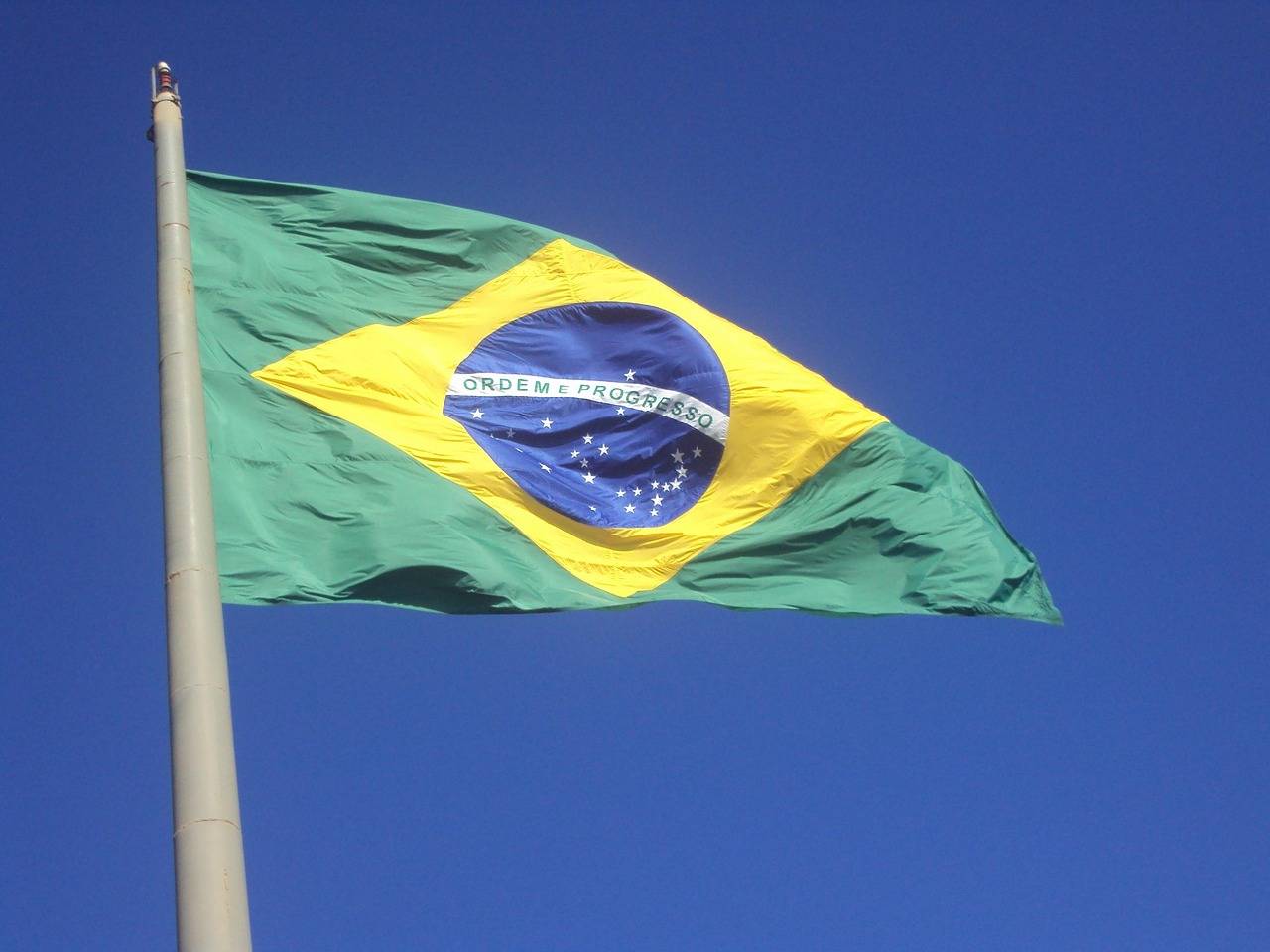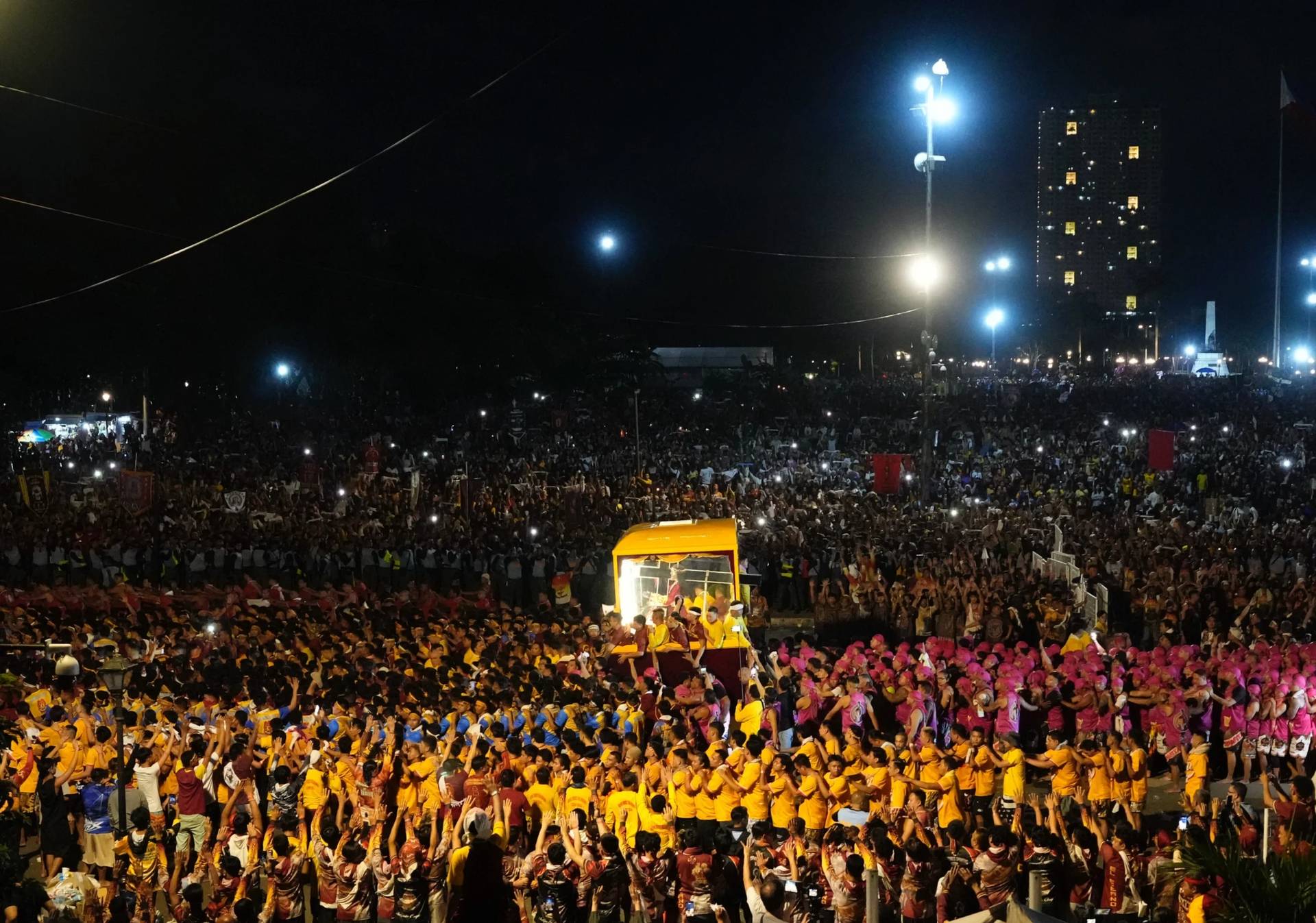WARSAW, Poland — Polish bishops defended St. John Paul II on Friday against evidence that he rejected reports that ex-Cardinal Theodore McCarrick slept with his seminarians, seeking to salvage a papal legacy that has been badly tarnished by his inaction on clergy sexual abuse.
The head of the Polish bishops conference, Archbishop Stanislaw Gadecki, said in a statement that John Paul had been “cynically deceived” by McCarrick as well as other U.S. bishops.
It was the Polish bishops’ first response to the publication this week of the Vatican’s two-year investigation into McCarrick, which implicated John Paul and his secretary in covering up McCarrick’s sexual abuse.
The criticism of John Paul’s legacy has hit a nerve in overwhelmingly Catholic Poland, where its most famous native son has long been held up as model for his role in bringing about the fall of communism and for keeping the faith and Polish values alive. His 1978-2005 papacy has come under increasing scrutiny in Poland and abroad, amid a growing scandal over abusive priests and bishops who covered up for them.
Pope Francis defrocked McCarrick, 90, last year after a separate Vatican inquest determined he sexually abused children and adults, including during confession, and abused his power over seminarians. Francis authorized the more in-depth study into McCarrick’s rise and fall in the church amid evidence that the Vatican and U.S. bishops knew of his abuses but turned a blind eye.
The 449-page report determined that John Paul had received credible reports about McCarrick’s misconduct from authoritative prelates in the late 1990s. Yet even after commissioning an inquiry that recommended against a promotion, John Paul in 2000 named McCarrick archbishop of Washington D.C., and later a cardinal.
The report said John Paul apparently was swayed by a last-minute, handwritten letter from McCarrick addressed to the pope’s trusted secretary, then-Bishop Stanislaw Dziwisz, insisting he never had “sexual relations” with anyone.
Gadecki’s statement came on the same day that the U.S. Catholic newspaper, the National Catholic Reporter, called for the “suppression” of the devotional cult of John Paul as a response to the Vatican report.
It urged U.S. bishops, who meet this weekend for their annual fall assembly, to “seriously consider” whether American Catholics should continue encouraging devotion to him by placing his name on churches and schools and hosting processions on his liturgical feast day.
“It is time for a difficult reckoning,” the paper said in an editorial. “This man, proclaimed a Catholic saint by Pope Francis in 2014, willfully put at risk children and young adults in the Archdiocese of Washington, D.C., and across the world. In doing so, he also undermined the global church’s witness, shattered its credibility as an institution, and set a deplorable example for bishops in ignoring the accounts of abuse victims.”
The Vatican report notes the church’s long-standing excuse that John Paul was blind to the pain of abuse victims because he saw first-hand how priests in his native Poland were intentionally discredited with false accusations by Communist authorities.
Gadecki, the president of the Polish bishops’ conference, formally asked the Vatican last year to elevate John Paul to the church’s greatest honor, naming him a “doctor of the church” and patron saint of Europe. But he recently acknowledged that Francis hadn’t backed the request and that most bishops’ conferences ignored his plea for support.
Francis commissioned the McCarrick report after a former Holy See ambassador to the U.S., Archbishop Carlo Maria Vigano, accused some 20 U.S. and Vatican officials — including Francis himself — of orchestrating the two-decade cover-up of the American clergyman’s misconduct.
The report substantiated some of Vigano’s main claims but disproved many others and painted Francis as being largely ignorant of McCarrick’s past but also also uninterested in learning details when officials raised it with him.
The report actually suggested that Vigano himself could be accused of covering up for McCarrick’s crimes because he allegedly disregarded Vatican instructions to investigate new claims of abuse brought in 2012 by a Brazilian-born priest working in New Jersey.
In an interview with the EWTN Catholic network, Vigano suggested there was no paper trail of his efforts since the Vatican in those years sought to limit written documentation about such cases to not expose the Holy See to potential litigation from abuse victims in the United States.
Vigano denounced that he hadn’t been called by Vatican investigators to testify, a rather glaring omission given his roles as both U.S. ambassador from 2011-2016 and a top Vatican official in the years when reports of McCarrick’s misconduct arrived.
Investigators interviewed 90 people, seemingly nearly everyone still alive who had had anything to do with the McCarrick file. The Vatican didn’t respond Friday when asked why Vigano was never summoned.
Winfield contributed from Rome.














